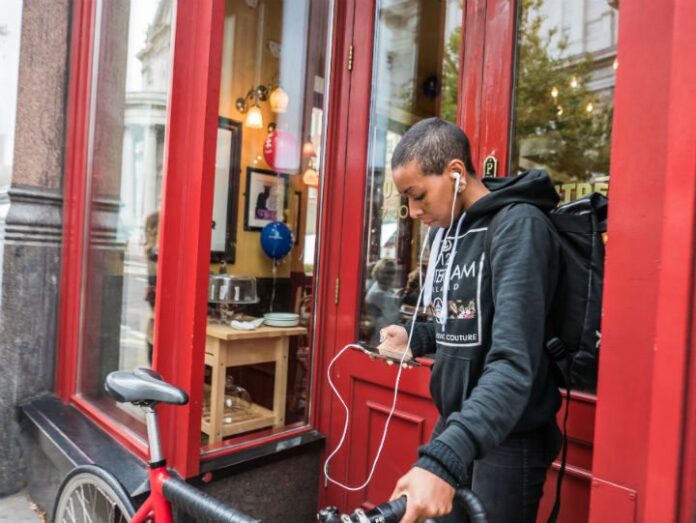EE, BT and O2 all have commercial 5G services
The main cities across the U.K started to receive 5G coverage during the second half of 2019 as local carriers rapidly launched the technology for both residential and corporate customers.
EE, owned by telecommunications group BT, recently announced it already provides 5G services in 50 cities and large towns across the country.
In December, EE confirmed the launch of 5G coverage in Hull, Leeds, Newcastle, Nottingham, Sheffield and Sunderland. EE has also switched on its first 5G sites in Northampton, Stevenage and Wakefield.
The operator had initially launched 5G technology in London, Edinburgh, Belfast, Cardiff, Birmingham and Manchester in May.
The carrier also brought 5G to London Euston Station, Cardiff Central station, Glasgow’s Bath Street and St Enoch Square, Belfast’s Kingspan Stadium, and Coventry’s Council House and Cathedral ruins.
EE had also announced plans to have 5G live in more than 70 cities and large towns across the U.K. by March 2020.
The operator also highlighted that its 5G network achieved the highest average download speed and highest 5G availability, according to the latest RootMetrics 5G testing in London, Birmingham and Cardiff.
In October, BT announced the launch of its 5G mobile service for consumers and business customers in more than 20 cities and large towns across the U.K. The services, dubbed BT Plus and BT Business, is already available in cities including London, Birmingham, Cardiff, Manchester, Edinburgh, Belfast, Coventry, Leicester and Bristol.
At the time of the launch, BT said it was expecting to expand its 5G offering to an additional 25 towns and cities by the end of 2019.
BT’s 5G network utilizes existing infrastructure already deployed by mobile operator EE, which is part of the BT Group.
Also in October, O2, owned by Spanish telecommunciations group Telefonica, announced the launch of its commercial 5G network in the U.K.
O2’s 5G network was initially available in certain areas of Belfast, Cardiff, Edinburgh, London, Slough and Leeds. O2 said that the initial focus for its 5G network is on highly populated areas including railway stations, shopping centers and sports stadiums.
The telco said that its 5G network will be live in a total of 20 towns and cities by the end of 2019 and 50 by summer 2020.
O2’s 5G network infrastructure is being rolled out in partnership with Ericsson and Nokia, following a competitive tender earlier this year.
In July, Vodafone launched 5G services in Birkenhead, Bolton, Gatwick, Lancaster, Newbury, Plymouth, Stoke-on-Trent and Wolverhampton, Birmingham, Bristol, Cardiff, Glasgow, Manchester, Liverpool and London. The operator ended 2019 with 5G coverage in 34 cities and towns across the country, according to the telco’s website.
In August, Three launched 5G services in the country with the initial offering of a high-speed 5G broadband service in parts of London. Three was expecting to offer 5G across 25 cities in the U.K. by the end of 2019.
Some of the cities in which Three plans to launch 5G during 2019 included Birmingham, Brighton, Bristol, Cardiff, Edinburgh, Glasgow, Leeds, Liverpool, Manchester, Nottingham, Sheffield and Sunderland.
U.K. telecommunications regulator Ofcom had recently confirmed plans to release additional spectrum for the provision of 5G services in spring 2020.
In a statement, Ofcom said that the auction will include 80 megahertz in the 700 MHz band and 120 megahertz in the 3.6-3.8 GHz band to support the expansion of 5G services across the U.K.
Ofcom also said that the country’s four mobile operators had agreed to cooperate on improving rural coverage, which will make the regulator to drop a previous proposal to include coverage obligations in spectrum licenses.
Last year, U.K. telcos obtained spectrum for the future provision of 5G services. Vodafone won 50 megahertz of spectrum in the 3.4GHz band after paying £378 million (currently $496 million). EE won 40 megahertz for which it paid £303 million. Three secured 20 megahertz of 3.4 GHz spectrum at a cost of £151.3 million, while Telefónica-owned O2 picked up 40 megahertz for £318m.

